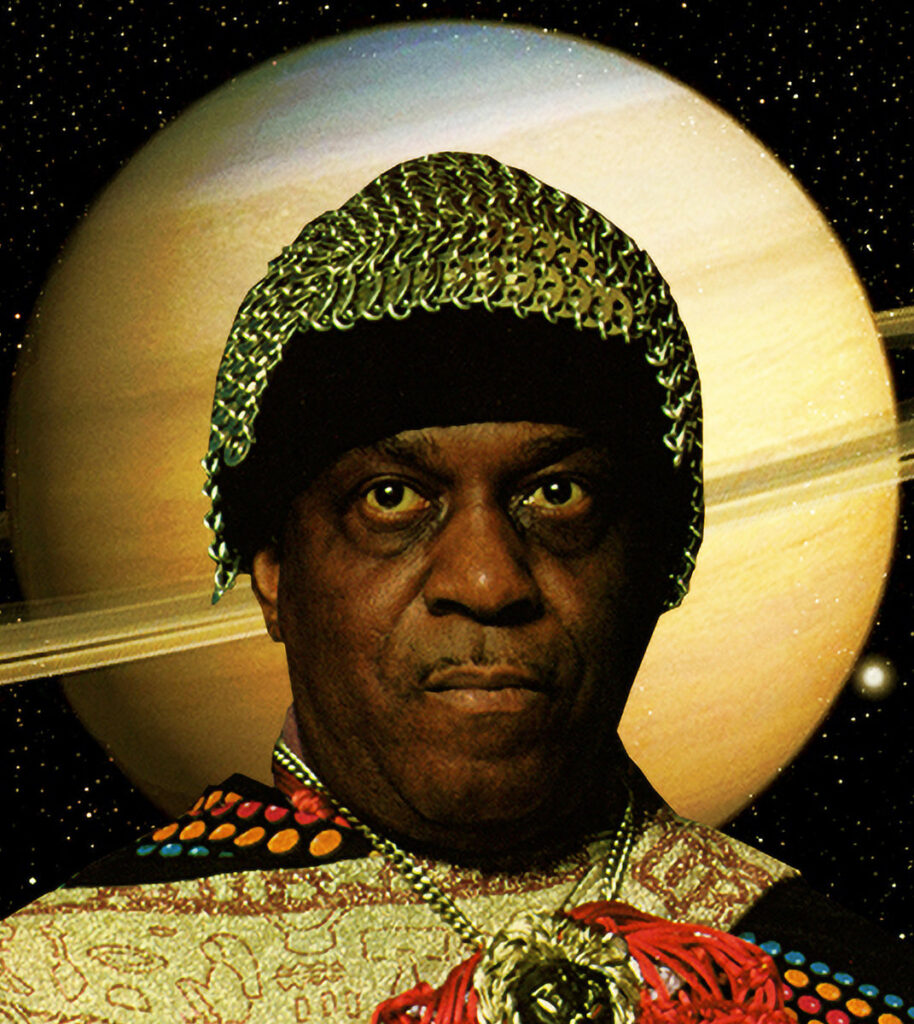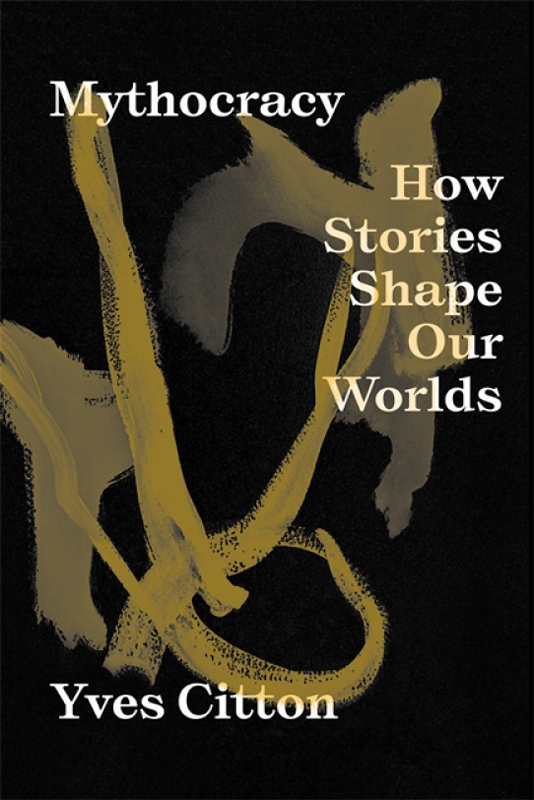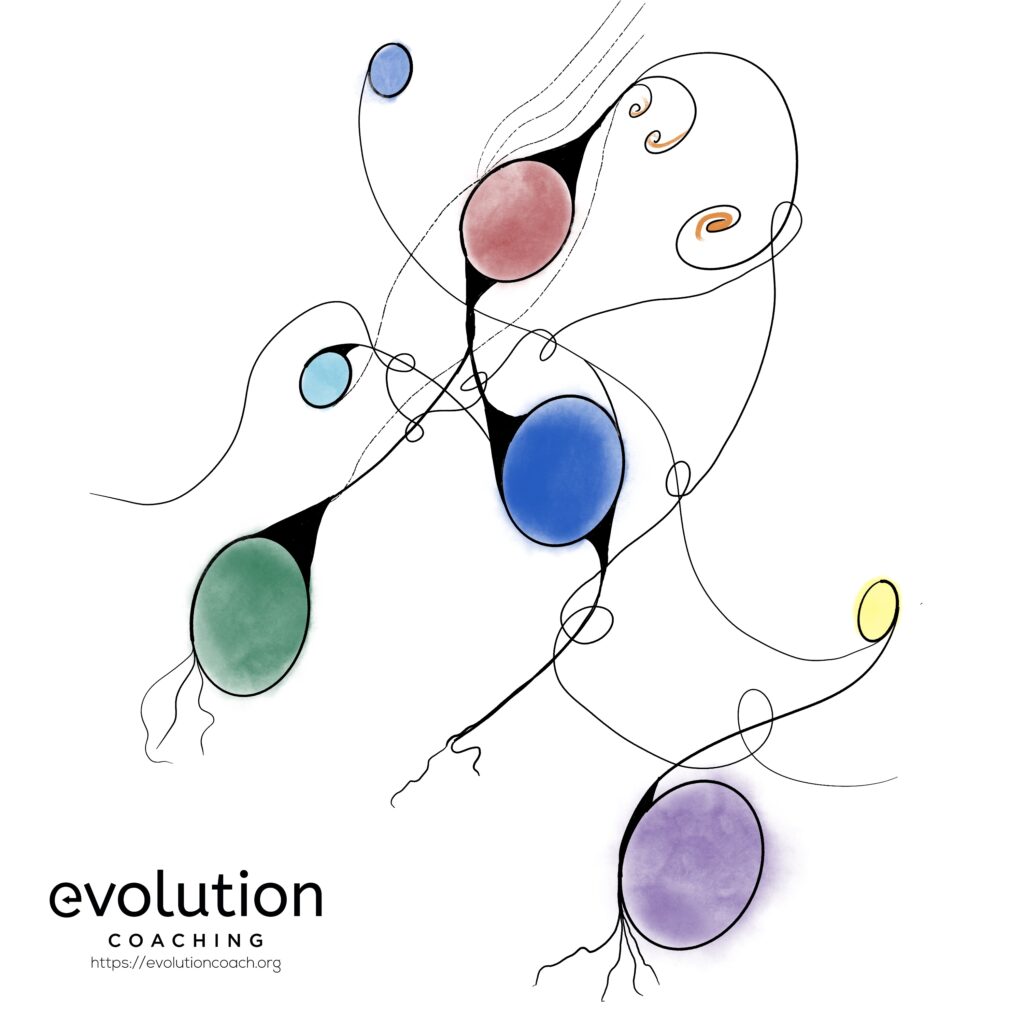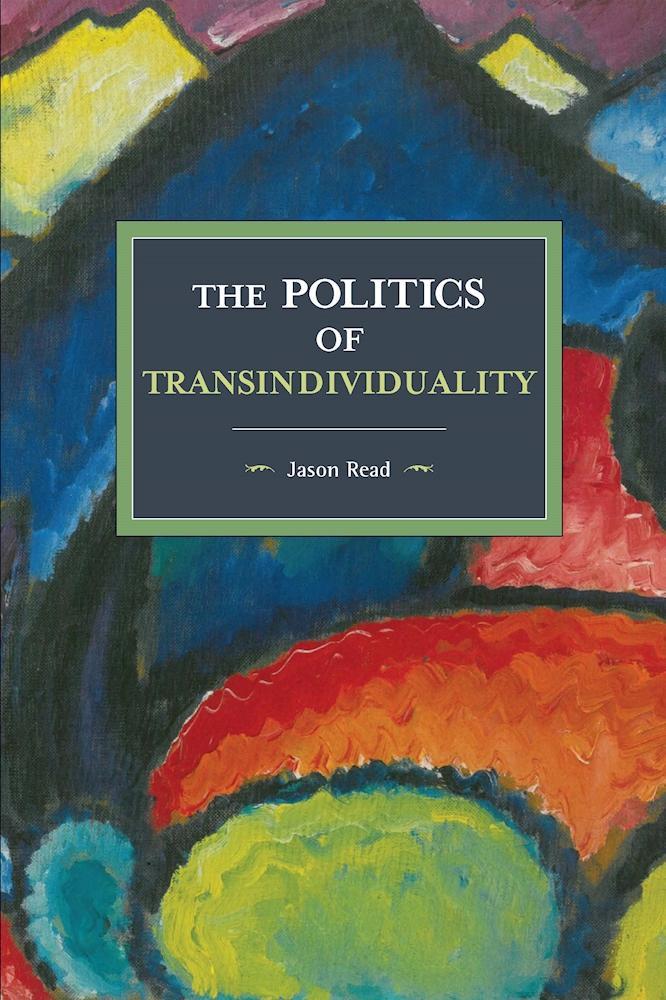- / By Keith
The recent rounds of layoffs, which have hit middle managers particularly hard, have raised an important question. 1 Do we even need middle managers anymore? On one side, companies have flattened their hierarchies, and the managers they retain are…








